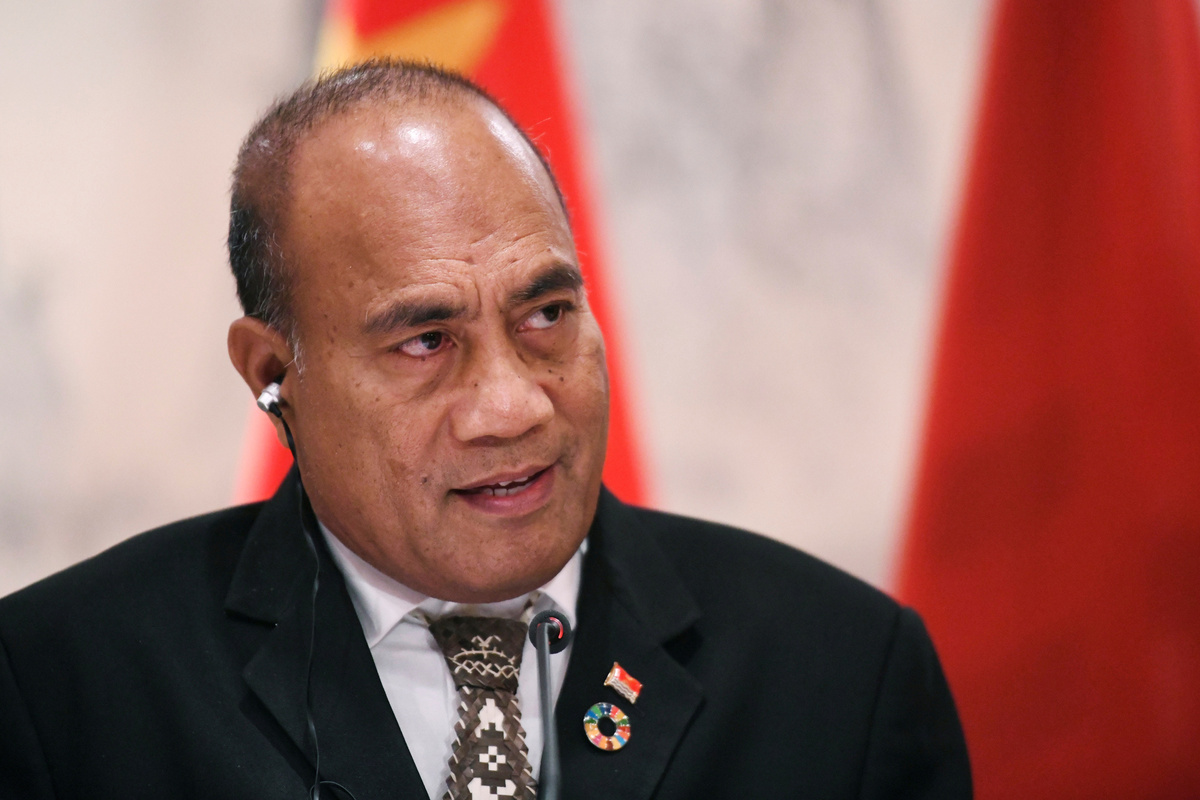Plans are being made to visit all islands in Kiribati to call on the people to boycott the presidential vote.
That national poll is to be held on 25 October with three candidates, all from the ruling TKP, or Tokwaan Kiribati Party.
The current President, or Beretitenti, Taneti Maamau is expected to easily win the contest.
One candidate, Riteta Iorome, has been ruled out of the vote but no details about the reasons why have been made public by election officials.
The other two candidates remaining in the race are Bauntaake Beia and Kaotitaake Kokoria.
The TKP used its numbers in parliament to block any opposition candidates standing and this has prompted claims of the people are being denied a genuine democratic choice.
The opposition leader in the last parliament, Tessie Lambourne, said Kiribati is becoming a “one-party state” while the delivery of basic services is near collapse.
Lambourne was seen as the only credible alternative to Maamau – and was one of six nominees for the role, but was blocked by the Maneaba, or parliament, from contesting.
The MP for Nonouti, the country’s first president, Sir Ieremia Tabai, said the idea for a boycott has come from the wider community and the opposition is endorsing it.
“Based on the commitment by our supporters on Betio and South Tarawa and so on, there is a good chance we are going to get a boycott, a good boycott,” he said.
Sir Ieremia said a substantial boycott would deny Maamau the confidence that he has the full backing of the people for what would be his third four-year term as Beretitenti.
A spokesperson from the Kiribati President’s Office said the selection of the presidential candidates is determined by the Parliament.
“This process has been in place prior [to] independence for the selection of the Chief Minister candidates and now for Presidential candidates.
“It is a democratic process where parliamentarians exercise their mandate to select a maximum of four presidential candidates in accordance with the law”.
The spokesperson said the presidential candidates will be voted by the people.
“The people of Kiribati are encouraged to exercise their human rights to vote through the ongoing awareness programmes issued by the independent electoral commission.
“There are mechanisms in place under the constitution in line with democratic principles to elect a government which will lead for four years (one term) or to a maximum of 12 years (three terms). This is not new to Kiribati and is why we have a stable government.
“The Kiribati is also known in the region and internationally to lead in the area of anti-corruption and promoting accountability and transparency,” they added.














